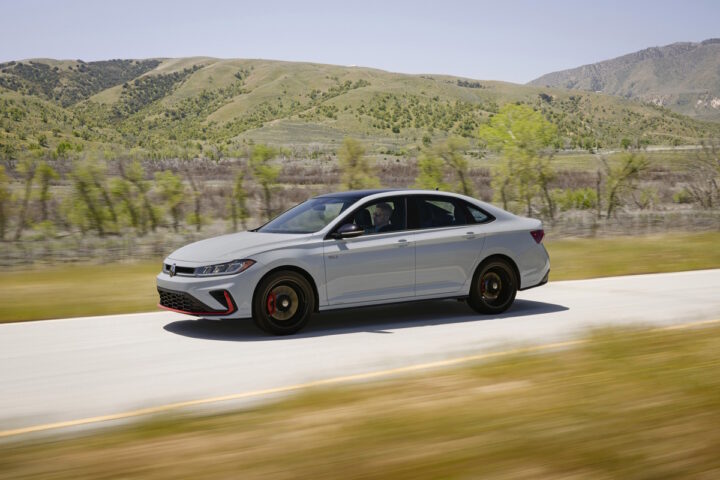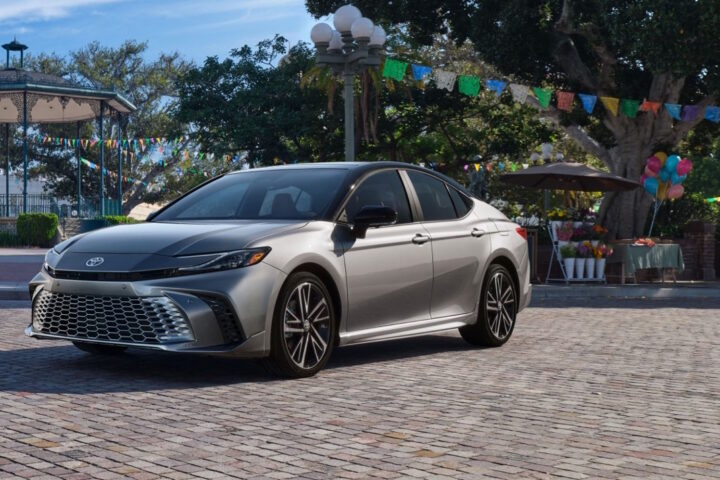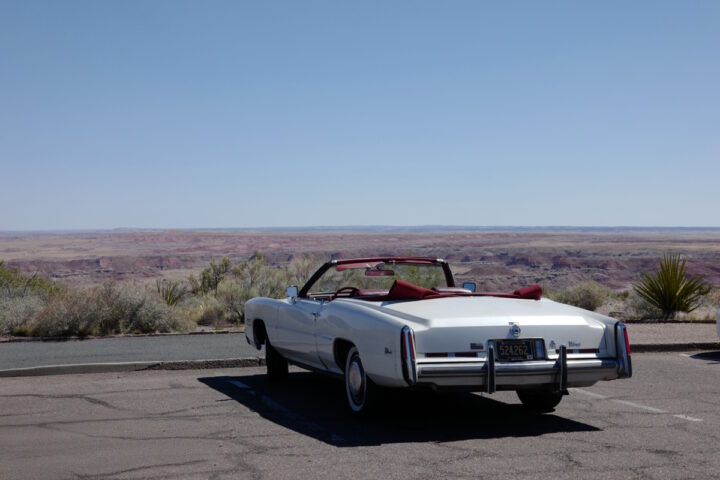
At COBB Tuning we are never satisfied with good enough and we love to experiment. In the environmentally-conscious Pacific Northwest, home of our COBB Tuning Surgeline Facility, we have a ready supply of corn juice or E85. E85 is a blend of 85% ethanol and 15% gasoline. Originally developed as a bio-fuel for “flex-fuel” domestic cars in the US, E85 has become the alternative fuel of choice for the performance enthusiasts. The allure of this biofuel comes from its high octane compared to regular pump fuels – 91 to 94 compared to 105 – and a very low price compared to higher octane race fuels. In many parts of the USA E85 costs as little as 2 dollars per gallon. When compared to 8 to 14 dollars quality high octane race fuels E85 represents a huge bargain. If you don’t know about E85 you’re naturally asking the question “why am i not running e85 every day?”. The answer is you can’t. Most stock vehicles are not calibrated or equipped to utilize ethanol-based fuels.
Despite having a higher octane rating, E85 has a lower overall energy density than pure pump fuel. Pure gasoline contains approximately 125,000 BTUs per gallon, while E85 contains approximately 84,000. This means that a greater volume of E85 must be utilized to realize the same energy content. This lower hydrocarbon content is mirrored by the stoichiometry of E85 and pure unleaded gasoline. Complete combustion of pure gasoline requires 14.7 parts air (mixed gas air with 23 percent oxygen) with one part fuel. In contrast, complete combustion of E85 requires a much higher relative content of fuel with only 9.7 parts air required. The distillation of this information means that larger volumes of E85 are required for equivalent combustion when compared to pure pump fuel. Thus, the cost savings associated with lower E85 prices is offset by an overall reduction in fuel economy. (taken from Driving Sports article “methanol injection vs E85″ by Tim Bailey.

The graph below shows the stochiometry of E85 (lamda) is similar for pump and E85 but the volume of fuel required for E85 is much higher by proportion (Air to fuel ratio). Despite this limitation of E85 we wanted to tune our GTR to utilize this fuel. Together, the lower cost, higher octane, and higher overall power potential are simply too much to resist. Furthermore, because E85 has not been used in the new GTR platform I simply couldn’t resist the technical challenge.
Because a stock GTR can use nearly 100% of its available injector capacity on pump fuel the first step in using E85 is to replace the stock injectors with larger units. We chose to use Deatschwerks 800cc injectors. These are ~30% larger than stock and should be able to provide the additional fuel volume needed for E85. The injectors were installed and the car tuned on pump fuel:

Stock – completely stock calibration with 92 octane pump fuel – BLUE
Stage 2 800cc – COBB catless mid-pipe, COBB prototype cat-back exhaust, stock intake, stock fuel pump. – RED
We then drained the tank and refilled it with E85 full. I adjusted the calibration with COBB AccessTUNER Pro software and prepared to run the car. The first few runs were done at low boost and all was well. The calibration was then adjusted for higher boost and we attempted a full run. I aborted the run because the motor went progressively leaner at RPMs and fuel demand increased.

Stock 2009 GTR – 92 octane – BLUE
Stage 2 800cc – COBB catless midpipe, COBB prototype cat back exhaust, stock intake, stock fuel pump, 800cc Deatschwerks injectors – RED
Stage 2 800cc + E85 – COBB catless midpipe, COBB prototype cat back exhaust, stock intake, Twin walbro 255 fuel pumps, 800cc Deatschwerks injectors – GREEN
This E85 Stage 2 configuration is now the highest HP and torque stock turbo car tuned on our Mustang dyno. When the weather clears here in the pacific northwest we’ll find some dry test roads and report V-box data. We’re also planning to rent a local drag strip for development and testing so ETs and trap speeds are coming. As a next step we plan to install some custom intakes. If our early observations are correct this car will make more than 600 whp on stock turbo’s with E85…. all while retaining the factory downpipes.
To continue with the conversation, head on over to NAGTROC to see what other GT-R enthusiasts are saying about this amazing fuel!
Original text by Tim Bailey, Head Calibrator, COBB Tuning



















